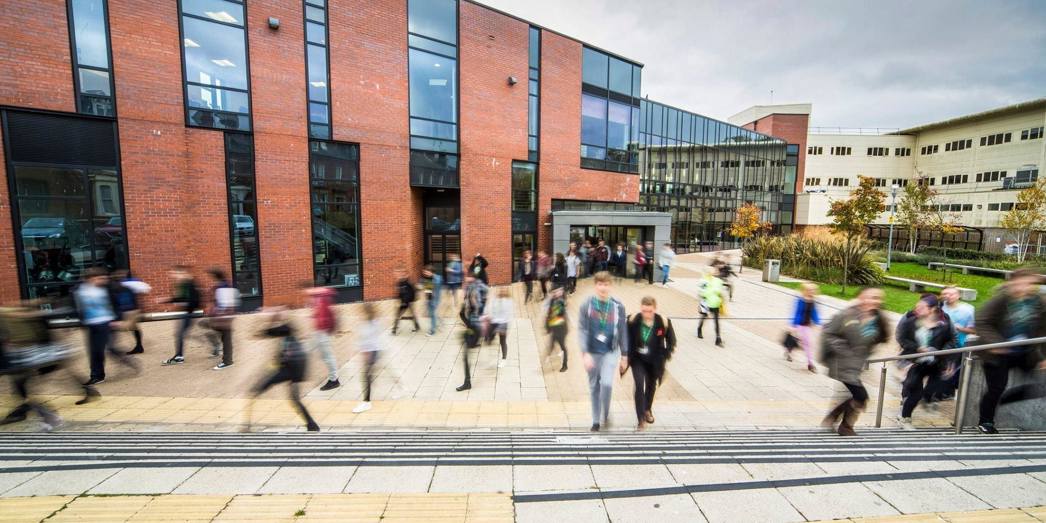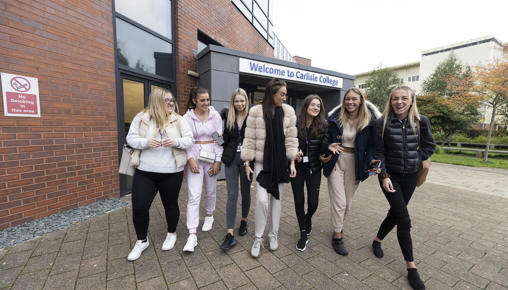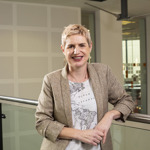
Eco Campus
Carlisle College goes green. As an organisation, we are absolutely committed to reducing our impact on the environment.

As an organisation, we are absolutely committed to reducing our impact on the environment. For example using plant-based Vegware foodservice packaging and also by fulfilling our role in educating people of all ages about the climate emergency. We are very proud of our Silver EcoCampus Certification and our staff have a high level of engagement with sustainability issues.
The auditors from EcoCampus had a guided walk-around through the Carlisle College campus and assessed the processes that have been implemented regarding both the environment and how it is managed by the organisation.
These included any and all green initiatives and energy saving schemes that have been established to reduce the college’s impact on the environment. The auditors were particularly impressed that Carlisle College have announced plans to go completely plastic free, which includes the introduction of canned water – a much more recyclable and environmentally friendly option.
The proposal of an annual beach clean-up was also warmly received as it will offset their plastic footprint.
Carlisle College goes green.


